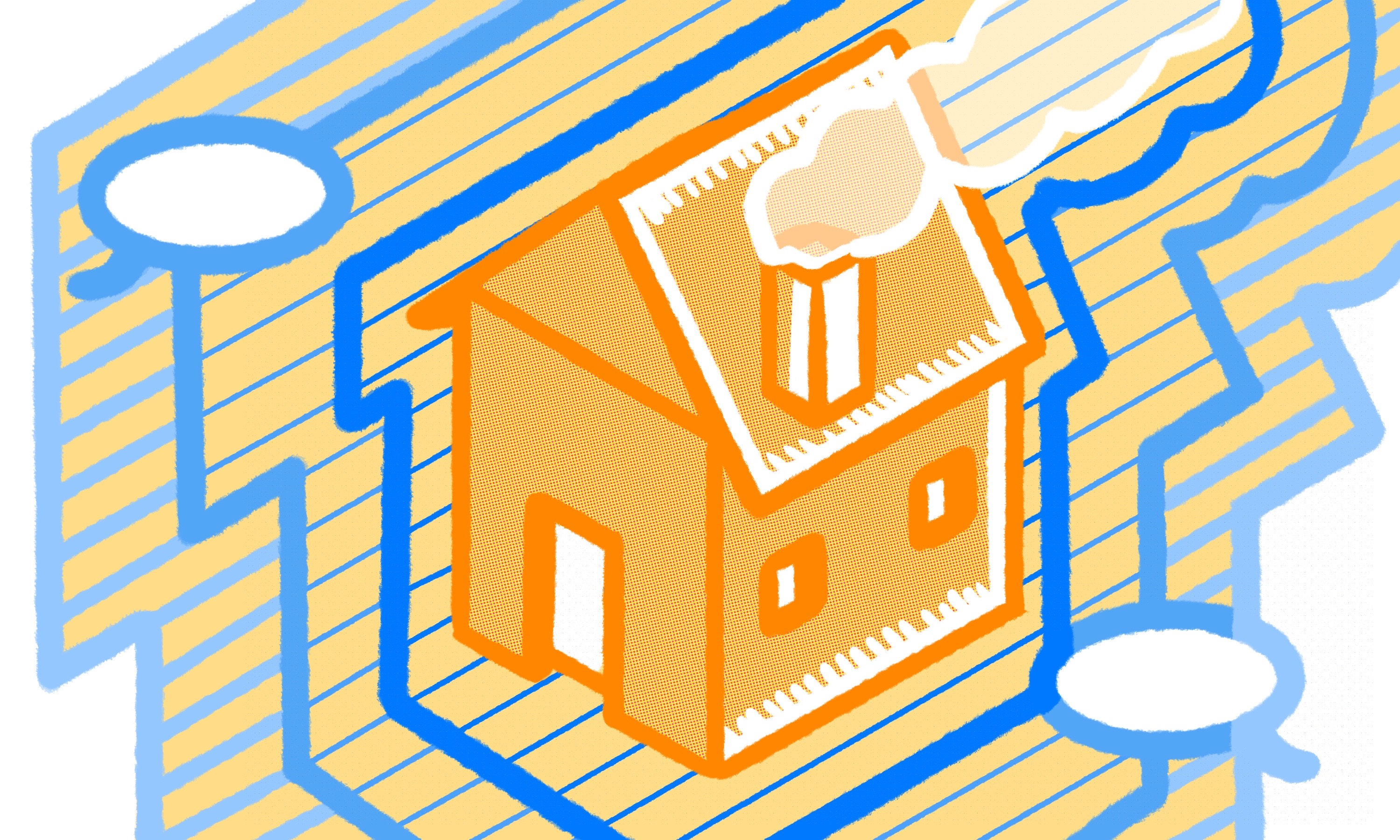
I.
Music floods the car,
soaking the cushioned seats
and flowing out of the opened window.
My mother chose this song
by some Chinese singer
whose lyrics twist themselves into the melody
so that the words become foreign to me.
I should recognize them – something about
love, pain and home is all
that enters my ears, and when
my mother asks me something,
the song crescendos into a large wave
that crashes over and drowns her voice.
My confused look meets her understanding one.
I’ll tell you later.
And we keep driving up and down
the hills of this song.
II.
I listened to the white man struggle.
Ng. Nasal sounds. There are many
in the language we speak,
and for this reason my sister thinks
that my voice sounds more nasally than hers
because in this language
my words flow with quicker fluidity
than hers. She hears a harsh whip of the tongue
in places I hear joyous gossip
and chirps of endless chatter.
But it is the white man who created a system
attempting to romanize our language
into something comprehensible for the white mind
so that “Canton,” not Gwongdung,
is where our roots lay
and “Cantonese,” not Gwongdung wah,
is the language we speak.
But the white man still struggles
before shouting and kicking his venomous foot
and turning to leave.
III.
In Brooklyn,
the loudest noises and brightest colors
are not the red and blue screaming sirens
atop police cars and firetrucks and ambulances,
not the loud honks
of bright yellow taxis,
but the rainbow mix of words I hear
in and around Sunset Park,
up and down 8th Avenue,
beside and away from my seat
in this massively crowded dim sum restaurant
where the red curtains are loud in front of my eyes
and “cheung fun! siu mai! lo mai fan!”
chime in my ears.
My own voice leaves a request
sharp and clear: “mm goi, yat go cheung fun,”
a new streak of color.
IV.
My grandmother and I speak the same words,
but it feels like FaceTime with bad service
when the connection cuts our words short.
Some words that leave my grandmother’s mouth
reveal a second accent, the inflections of people
who speak the other dialect,
the one my that grandfather also speaks,
the one that I don’t.
But my grandmother’s words are a heavy mixture
of other things too because I hear traces
of that dialect – Toisan wah – and a splash
of Seuhndak wah, and maybe also a hint
of sadness when the connection cuts off again,
not from my grandmother’s mixture of accents
but from the silence
where our words stop flowing.
V.
In some situations
the exchange of words is limited.
“Actions speak louder than words:” a saying
my family takes to heart.
I don’t know if I do, and sometimes
I’d like to hear them speak and not just act,
but when my mother brings me a plate of oranges
I love you rings in me when I eat a sweet slice,
so when someone pours hot jasmine tea
into my still half-full and warm cup,
with two fingers on the table
I tap twice.
Thank you.
VI.
We speak
the language of our stomachs, so when I come home late
and unlock the front door
my mother and her friends are already debating
which foods contain too much yeet hay,
words that have no meaning in English.
The delicious smell of ging do gwut greets me, which means
today we forgive ourselves and indulge.
Chatter and sizzling oil
bounce across walls and overload my ears.
My mother’s debate with her friends soon overpowers
the sound of her cooking, reminding me
that I’m home–
Sik fan la!–and just in time for dinner.